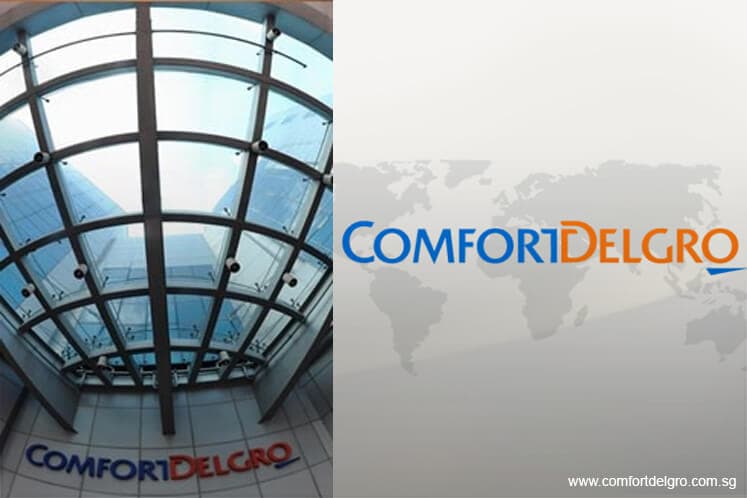
SINGAPORE (June 16): New technologies and shifting consumer behaviour are destroying the reliable returns once offered by some widely owned heavyweight stocks.
For example, ComfortDelGro for years generated steadily growing revenue by renting out their sea of blue Comfort taxis to drivers for about S$100 a day. In April 2016, its fleet of Comfort taxis hit a peak of 12,800, up from some 10,000 back in 2005.
But things have been going downhill since then.
Land Transport Authority data shows that in March this year, the company’s fleet of Comfort taxis shrank to 11,948, a level not seen since mid-2012. The group’s fleet of CityCab taxis has held steady at more than 4,000.
Meanwhile, the company now has an “unhired” rate of more than 3%, up from only 0.48% in 2010, according to analysts who track the company.
On the face of it, ComfortDelGro’s taxi troubles are the result of many commuters’ turning to Uber and Grab, which launched operations in Singapore in 2013 and embarked on aggressive expansion plans.
The number of local private car rentals, which is a proxy for the scale of these companies’ operations, rose to more than 61,700 in May, from only 29,300 at end-2015.
According to some analysts, more changes are in store for the transport sector with the advent of new technologies such as driverless cars, and more innovative use of the burgeoning volume of traffic data and analytics.
And ComfortDelGro is not alone in facing disruption.
But these same trends of new technologies and shifting consumer behaviour are creating a new crop of winners.
Against this backdrop, narrow groups of global technology and internet companies seen to be at the forefront of new disruptive trends have seen their shares outperform, partly on the back of expectations of fast growth but also because of their scarcity value.
And, while the lofty valuations of these stocks bring their own risks, many analysts see these stocks leading the market higher.
For instance, Facebook, Apple, Amazon.com, Alphabet and Microsoft Corp ran up 30% to 50% over the past year.
“Within some cyclical sectors such as tech, there are defensive names with low risk and very durable free cash flow,” says Shay Pang, senior director at UOB Asset Management. “That is why we are so positive on global tech [names].”
But technology stocks are not the only way to ride a continued rally in the local market.
How is the corporate sector adapting to heightened risks from new technologies and shifting consumer behaviour? And where does all this leave investors?
Find out in our cover story, Defensives Disrupted, on pages 10 & 12 of The Edge Singapore (week of June 19), available at newsstands now.